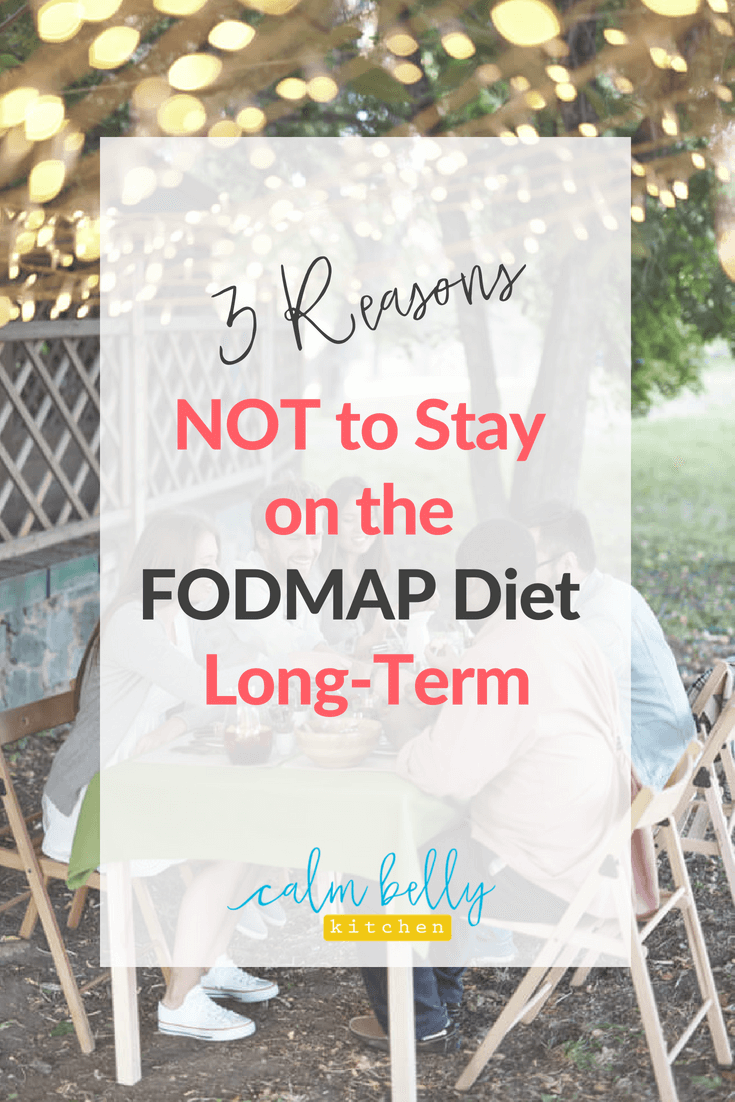Exercise can improve IBS symptoms. You don’t have to look hard to find research studies to support this, but how does it work?
And more importantly, what exactly should YOU do to reap the benefits?
In this post, I’ll cover:
How does exercise help IBS?
How does exercise affect people with IBS-C versus IBS-D?
Is it okay to workout during a flare up?
Are any exercises NOT advised? What about high intensity?
How to get started if you’re new to fitness
The most important thing to remember is that exercise is yet another tool you have in your toolbox to manage IBS.
This is great news because the more tools you have, including the FODMAP Diet, the more control you can have over how your belly feels.
If you want to learn how to get the biggest benefit from exercise, keep reading OR watch my YouTube video that goes with this post!
Does Exercise Help IBS Bloating?
While exercise isn’t a magic pill, it can help relief one of the most annoying and uncomfortable IBS symptoms: bloating.
A study in the American Journal of Gastroenterology found that mild exercise (participants pedaled a stationary bike) helps gas move through the gut faster, reducing the uncomfortable effects of bloating more quickly.
Definitely a win for exercise! It’s worth noting that even light activity can help, so you don’t have to break a crazy sweat to go for a walk, do some light yoga, or take an easy bike ride.
Can Exercise Relieve Other IBS Symptoms?
Another study divided participants into two groups. The first group was instructed to do 20-60 minutes of moderate to vigorous activity three times per week. The second group was told to maintain their usual routine.
After 12 weeks, the activity group reported a significant improvement in GI symptoms compared to the second group. Additionally, a higher of percentage of participants in the non-activity group actually reported an increase in the severity of their symptoms.
What this study shows us is that the more active you are, the fewer severe, pain-in-the-butt, bad days you’ll have overall.
This is likely because regular exercise helps your gut function at its best by stimulating muscle movement in the colon and shortening the time it takes for food to pass through the gut.
That, along with the stress-relieving, mood-boosting benefits of exercise, is what makes it so effective.
Exercising with IBS-D
If you have IBS-D where diarrhea is your main symptom, you probably got a little concerned reading that previous bit. If activity speeds up transit time in the colon, won’t exercise cause diarrhea?
The answer is (of course) it depends.
If your IBS-D is unpredictable and severe, then more caution is needed. But that doesn’t mean you should abandon exercise.
Start slow with a home exercise routine so you’re always near the bathroom. Try online yoga, pilates, or strength training videos (I love Fitness Blender’s free YouTube videos). You can get an amazing strength workout with just body weight!
If you want to try something that gets your heart rate up, look for dance workouts. These can be lower impact so you’re not doing a lot of jumping around. Look for cardio ballroom, Bollywood, hula, or even Zumba--just modify the moves to make them low impact.
To get started with some simple yoga moves for IBS, check out this post.
If your IBS-D isn’t as severe--maybe you’re able to control your symptoms with the FODMAP Diet so you’re not running to the bathroom on a daily basis--then experiment until you find an activity you’re comfortable with and enjoy.
Walking is a great option. You don’t have to go full-on power walking...unless you want to.
You can also try strength training or cardio at the gym, or even classes. It’s perfectly fine to duck into the locker room if your belly starts to rumble.
Even jogging might work for you, but higher intensity runs and long distances are hard on the digestive system and can bring on diarrhea--even in advanced runners who DON’T have IBS.
Exercising with IBS-C
If your main IBS symptom is constipation, you may get big benefits from regular exercise. Not only does physical activity improve digestion by stimulating muscle contractions in your intestines, but it speeds up transit time.
This is key because the longer waste stays in your colon, the more water is absorbed from the stool into your body. Drier, harder stools are more difficult to pass and can leave you constipated.
What kind of exercise should you do? Anything you enjoy and will do consistently.
For me personally, weight lifting is my weapon of choice. I love how strong it makes me feel and how good it makes my body look. I also love doing water aerobics one day a week--this is a great option if you want something low impact or you’re recovering from an injury.
There’s no exercise you shouldn’t do unless it directly causes you pain or triggers symptoms. Cross Fit, HIIT (high-intensity interval training), jogging...it’s all on the table!
Whatever activity you choose, drink plenty of water to replenish what you lose through sweat. Staying hydrated helps prevent constipation.
Is It Okay to Workout During a Flare Up?
So, you planned to hit up 6pm Zumba class, but your belly has different ideas. You feel crampy, bloated, and gas is trapped in your gut. Should you still go?
The answer depends on you. If your symptoms are mild to moderate, activity might actually help you feel better.
On the other hand, if you’re unable to walk and move around without pain, it’s probably better to rest and give yourself some TLC.
The best way to decide is to experiment and learn what works for you. Maybe you go to that Zumba class but you can’t keep up and don’t enjoy it. Okay, no big deal. Next time, try a walk or a light session on the elliptical and see how that goes.
There’s no right answer here, but listening to your body is the best guide. The goal is to get the benefits of exercise, so if it causes pain or makes you feel worse, take a rest or try something else.
Update: I got so many questions from you on social media about this topic, so I made a separate Q&A video. Click to watch!
How You Can Get Started
You don’t need a gym membership, fancy clothes, or a formal fitness routine. Maybe you’ll get there eventually, but those things aren’t necessary to get the benefits of exercise.
If getting started feels like an uphill battle, I challenge you to look at it in a different way: Instead of thinking, How can I start a workout routine?, think: How can I add movement to my everyday life?
This can be as simple as going for a 15 minute walk before lunch or doing a few strength exercises in your bedroom when you get up.
For now, focus on making it a habit to do one thing that gets you moving each day, even it’s for 5 minutes. The habit is the important part. Once it becomes automatic, you’ll start feeling good and will likely increase your movement or look for new ways to be active.
If you have a tough time thinking of yourself as “a fit person,” think of yourself as a person who moves more throughout the day. When that becomes a reality, guess what? You become a fit person.
Healthy Mindset is the Key to Consistency
I recently invited fitness trainer, Tiffany Ima, to join me on a live stream for my Calm Belly Club members, and she had amazing advice on how to approach fitness from a place of self-love and self-care:
Consistency is a problem when people approach fitness as, “Oh I just need to be skinny,” or “I need to lose weight.” Versus “I deserve to feel good, I deserve to be healthy, I deserved to be fit.”
If exercise doesn’t feel like a punishment and more like a reward or something that you GET to do because you're able bodied and you're able workout, you're more likely to stick to it and make it a habit because it comes from a healthier mental space.
Conclusion:
If you’re a human, regular exercise will improve your overall well-being, crush your stress, and make you feel happier.
If you’re a human with IBS, exercise will also reduce the severity of your symptoms, regulate your digestion, and help you get rid of gas and bloating faster.
The type of exercise and intensity depends on your unique needs, but that’s the great part. There’s no “right” way to be fit, there’s no right way to exercise, and there’s no special requirements you need to meet.
Adding more movement to your life is something that’s for everyone, and everyone can enjoy the rewards!












